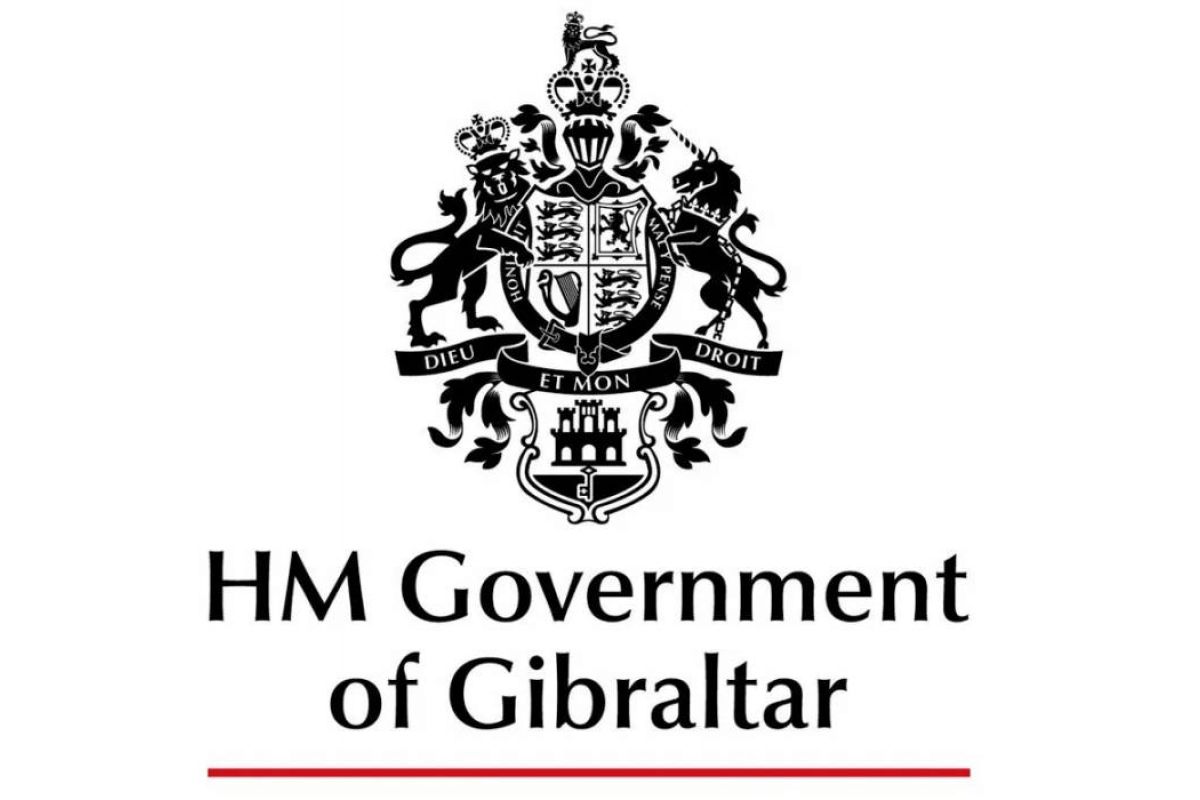Jan 18 - RGP Issues IMF Scam Warning
 The Royal Gibraltar Police is advising the public of a new scam that has come to its attention.
The Royal Gibraltar Police is advising the public of a new scam that has come to its attention.
Members of the public are being sent Facebook messages purporting to be from either a family member or friend, whose own accounts may have been hacked.
The messages explain that the International Monetary Fund (IMF) is awarding grants to diverse groups of persons within the community. The message further explains that grants up to $100,000 are available, but a fee of 1% of the total of the grant is to be paid in advance when applying for the grant. The intended victim is then required to add ‘a member of the IMF’ as a friend who will then assist with the grant application. Once payment is made the scam is usually complete, however, variations of the scam may continue to delay the application process and ask for further payments due to ‘unexpected’ fees.
The RGP says that members of the public are urged to remain vigilant to unusual or unexpected messages, ignoring friend requests from unknown individuals or contacting known senders if in doubt about the messages received.
Indicators that the message you receive may be a scam are:
- You don’t know the person who has sent you the message.
- You are promised untold sums of money for little or no effort on your part.
- You are asked for to provide money up front for questionable activities, a processing fee, or to pay the cost of expediting the process.
- You are asked to provide your bank account number or other personal financial information, even if the sender offers to deposit money into it.
- The request contains a sense of urgency.
- The sender repeatedly requests confidentiality.
- The sender offers to send you photocopies of government certificates, banking information, or other ‘evidence’ that their activity is legitimate.
The RGP reminds the public that, if what is being offered sounds too good to be true, it usually is adding that individuals who fall victim to these types of scams will never receive the promised money and will rarely recover their loss as the perpetrators can be located anywhere in the world and extremely difficult to track.
{fcomment}







